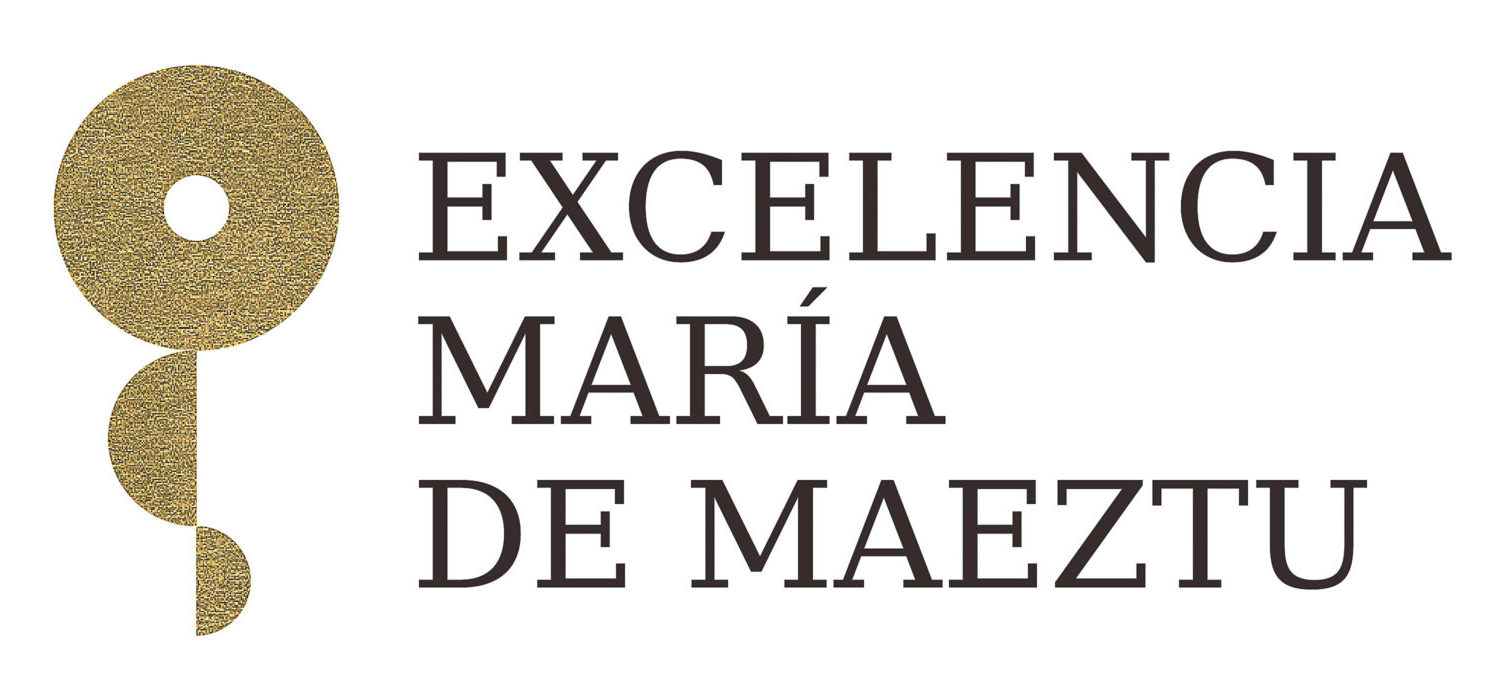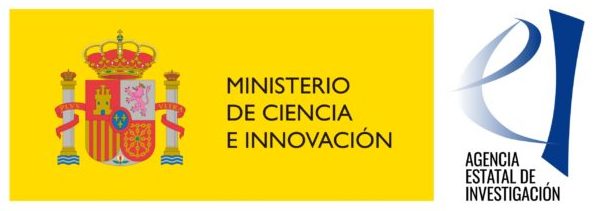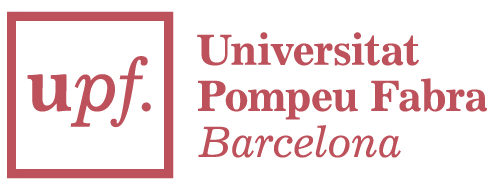Barcelona Principles for a Globally Inclusive Philosophy (BP)
The Barcelona Principles for a Globally Inclusive Philosophy manifesto was published in 2021, aiming to address the structural inequality between native and non-native speakers in academic philosophy. The manifesto asks philosophers, in their work as scholars, editors, and members of departments, of hiring committees and scholarly societies, to endorse, promote and apply the following five principles:
– To evaluate, as a rule, publications, presentations, proposals and submissions without giving undue weight to their authors’ linguistic style, fluency or accent;
– To collect, to the extent that it is feasible, statistics about non-native speakers’ submissions (to journals, presses and conferences), and/or to implement self-identification of non-native speaker status;
– To include, to the extent that it is feasible, non-native speakers within journal editorial boards, book series editorships, scientific committees etc.;
– To invite, to the extent that it is feasible, non-native speakers to contribute to journal special issues, edited collections, conferences etc.;
– To provide, to the extent that it is feasible, educational and hiring opportunities to non-native speakers.
As of December 2021, the original manifesto was signed by over 700 individual scholars in over 35 countries. Below we list the scholarly institutions, i.e. journals, societies etc. that have committed to implementing and abiding by the Barcelona Principles.
Journals:
1 – Argumenta (joined August 2022)
2 – Australasian Journal of Philosophy (joined September 2022)
3 – British Journal for the Philosophy of Science (joined July 2022)
4 – Critical Review of International Social and Political Philosophy (joined April 2022)
5 – Ergo (joined April 2022)
6 – Ethical Theory and Moral Practice (joined January 2022)
7 – European Journal for Philosophy of Science (joined December 2021)
8 – History and Philosophy of the Life Sciences (joined February 2022)
9 – Intellectus (joined May 2023)
10 – Journal of Applied Philosophy (joined May 2022)
11 – Journal of Ethics and Social Philosophy (joined July 2024)
12 – Philosophical Psychology (joined October 2021)
13 – Philosophy (joined January 2024)
14 – The Journal of Ethics (joined January 2022)
15 – Utilitas (joined April 2023)
Societies:
16 – British Philosophical Association (joined September 2024)
17 – British Society for the Philosophy of Science (joined July 2022)
18 – European Philosophy of Science Association (joined December 2021)
19 – Minorities and Philosophy UK (joined February 2022)
20 – Philosophy of Science Association (joined May 2022)
21 – Sociedade Brasileira de Filosofia Analítica (joined January 2022)
22 – Sociedad Española de Filosofía Analítica (joined October 2023)
23 – Società Italiana di Filosofia Analitica (joined August 2022)
24 – Society for Philosophy of Science in Practice (joined February 2022)
25 – Society for Women in Philosophy-UK (joined October 2022)
26 – The Aristotelian Society (joined May 2022)
Centres:
27 – Barcelona Institute of Analytic Philosophy (joined December 2021)
28 – Centre for Engaged Philosophy (joined November 2022)
29 – CLEA Research Group – Cognition, Language, Enactivism and Affectivity (joined February 2022)
30 – Egenis – Exeter Centre for the Study of Life Sciences (joined February 2022)
31 – Institute for Philosophy and Social Theory (joined November 2024)
Please email barcelonaprinciples@gmail.com if your institution is considering signing up.
See below for answers to some Frequently Asked Questions.
Frequently Asked Questions:
1) Will endorsing the BP come at the cost of publishing lower-quality work?
Unless you think that good philosophy requires writing in a native-sounding style, the BP should not change your already existing editorial policies. The BP requires not giving undue weight to style. This does not imply an obligation to publish papers that readers cannot understand because of unduly bad English use.
2) The first Barcelona Principle is too vague and/or demanding.
If there is a formulation of the ideal embodied in the first BP which would work better for your journal of organization, we encourage you to implement that when you endorse the BP. The Barcelona Principles are intentionally formulated as principles, rather than as guidelines, to allow each philosopher and institution to decide the best way to implement them in the way their contexts allow best (see also FAQ 3).
3) The BP overall are too vague, we would like stricter guidelines.
The Barcelona Principles are intentionally formulated as principles, rather than guidelines. Endorsing them, both at the individual and institutional level, means acknowledging the dangers of bias and discrimination against non-native speakers and acting according to the BP with the aim of eliminating such dangers. Each philosopher and institution operates within particular contexts, so they should use their best knowledge of, and judgement on, their own contexts in implementing the BP.
4) We are not able to collect data about authors’ native-speaker status because of legal or institutional restrictions.
Data collection, like many other practices the BP puts forward, is suggested to the extent that it is feasible. If it is not feasible for your institution, that on its own does not prevent it from endorsing the BP.
5) We do not want to bind ourselves to a set of principles issued by a random group. Who are you? What do you want from us?
Currently, we are a small team of four philosophers at different career stages and we are promoting the BP as volunteers. The BP have already been signed by over 25 philosophical institutions and 750 academic philosophers worldwide. We believe that starting an honest discussion about the role of native-speaking and -writing in philosophy is the first step towards eliminating bias and discrimination against non-native speakers in academic philosophy. We value institutional acknowledgments since they communicate the message that native-(level) speaking is not required for success in our chosen profession.
The Barcelona Principles institutional list is currently maintained by Filippo Contesi (Barcelona), Amandine Catala (UQAM), Çağla Çimendereli (Syracuse) and Anna Klieber (Cardiff). Previous members of the BP Team include Felipe Carvalho (Federal University of Lavras), Masaharu Mizumoto (Japan Advanced Institute of Science and Technology) and Diana I. Pérez (Buenos Aires/CONICET).






